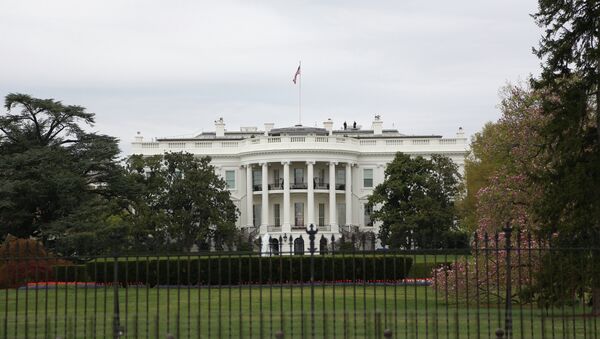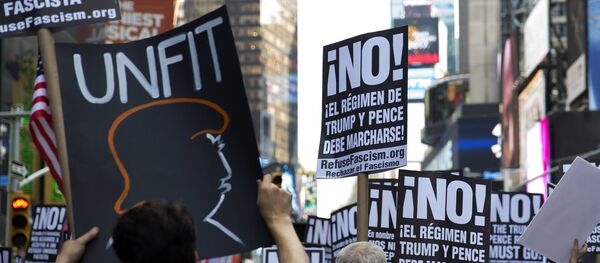The statement further noted that Barr was "delegated full and complete authority to declassify information pertaining to this investigation, in accordance with the long-established standards for handling classified information."
"Today's action will help ensure that all Americans learn the truth about the events that occurred, and the actions that were taken, during the last presidential election and will restore confidence in our public institutions," the statement said, which was announced by White House Press Secretary Sarah Huckabee Sanders.
Statement on Presidential Memorandum signed tonight pic.twitter.com/wHx6l2lL5c
— Sarah Sanders (@PressSec) May 24, 2019
US President Donald Trump has repeatedly blasted the FBI for surveilling members of his presidential election campaign in the leadup to the November 2016 elections, alleging they were illegally spied on.
"My Campaign for President was conclusively spied on. Nothing like this has ever happened in American Politics. A really bad situation. TREASON means long jail sentences, and this was TREASON!" Trump tweeted last Friday.
While Barr has previously said he believed "spying did occur," FBI Director Christopher Wray has rejected that notion, saying on May 7 that spying and surveilling aren't the same thing.
"I believe that the FBI is engaged in investigative activity, and part of investigative activity includes surveillance activity of different shapes and sizes," Wray told a Senate committee. "And to me, the key question is making sure that it's done by the book, consistent with our lawful authorities. That's the key question. Different people use different colloquial phrases."
James Comey, who was FBI director during the campaign, called the allegation "concerning," noting that he had never thought of court-directed electronic surveillance as "spying."
During the campaign, the FBI obtained warrants to monitor the communications of several Trump campaign team members, including foreign policy advisers George Papadopoulos and Carter Page. The bureau said it obtained the warrants in order to investigate suspected connections between the Trump campaign and the Russian government, or to follow alleged attempts by Moscow to establish such a connection.
When special counsel Robert Mueller submitted his report last month on his two-year-long investigation into that alleged collusion, he reported no evidence of it.



